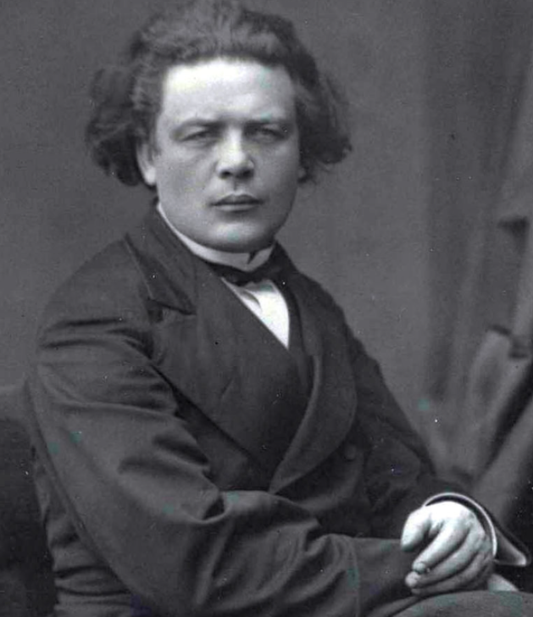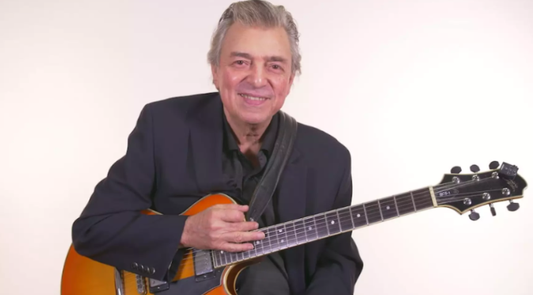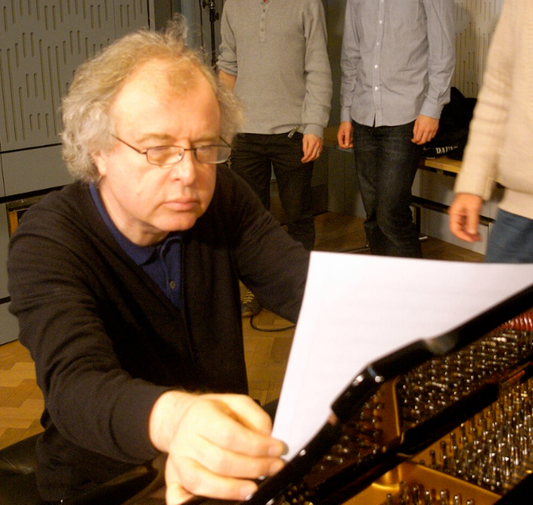Collection: WILHELM FRIEDEMANN BACH (1710-1784)
Wilhelm Friedemann Bach (November 22, 1710 – July 1, 1784), often called the "Halle Bach," was the eldest and arguably most musically gifted son of the legendary Johann Sebastian Bach and his first wife, Maria Barbara Bach. Born in Weimar, Germany, Friedemann's life was marked by exceptional talent, rigorous training under his father, but also by professional instability and personal difficulties that ultimately led him to die in poverty.
Education:
J.S. Bach invested heavily in Friedemann's education. From the age of ten, his father meticulously documented his musical instruction in the famous Klavierbüchlein vor Wilhelm Friedemann Bach.This collection included exercises, pieces by contemporary composers, and early works by J.S. Bach himself (like Inventions, Sinfonias, and parts of The Well-Tempered Clavier), serving as a foundation in keyboard playing and composition. Friedemann also studied violin, possibly with the renowned Johann Gottlieb Graun, and received formal schooling at the Lutheran grammar school in Köthen and later the prestigious Thomasschule in Leipzig when his father became Cantor there. In 1729, he enrolled at Leipzig University, studying law, mathematics, and philosophy, indicating a broad intellectual curiosity he maintained throughout his life.
Career Path:
Friedemann's professional journey began promisingly.
Dresden (1733–1746): At 22, he secured the position of organist at the Sophienkirche (St. Sophia's Church) in Dresden, a major musical center. During this period, he composed extensively, including harpsichord concertos, sonatas, and sinfonias, and interacted with prominent court musicians.
Halle (1746–1764): He moved to Halle to become Music Director and organist at the Marktkirche Unser Lieben Frauen (Liebfrauenkirche), a role similar in scope to his father's in Leipzig. This earned him the nickname "Halle Bach." Here, he was responsible for composing church cantatas, directing the town choir (Stadtsingechor), and teaching. However, his tenure in Halle was increasingly fraught with conflict. Described as having a difficult, perhaps "touchy," "stubborn," or "aloof" personality, possibly exacerbated after his father's death in 1750 and fueled by pride in his musical lineage, he clashed with church authorities. He made unsuccessful attempts to find new employment in 1753 and 1758.
Later Years and Decline:
In 1764, Friedemann resigned his post in Halle without securing another position, embarking on a difficult two-decade period. He attempted to make a living as a freelance musician – one of the first to try this precarious path in Germany – through recitals, teaching, and composition. He moved frequently, spending time in Brunswick and eventually settling in Berlin in 1774. Despite continued recognition of his genius, particularly as an improviser, he struggled financially. He received some temporary support from Princess Anna Amalia of Prussia but failed to gain a permanent court position, possibly due to political maneuvering and his own difficult nature. Anecdotes, possibly exaggerated by later fiction, suggest he sold off parts of his inherited collection of his father's manuscripts to survive. He died destitute in Berlin in 1784.
Musical Style and Legacy:
W.F. Bach is a fascinating transitional figure whose music bridges the late Baroque and the emerging Galant and Empfindsamer Stil (sensitive style) of the pre-Classical era.
Influence and Originality: He was deeply rooted in the complex contrapuntal style learned from his father – more so than his famous brothers C.P.E. Bach and J.C. Bach. He even engaged in advanced counterpoint studies with his father as late as the 1730s. However, he infused this inherited technique with a highly personal, often improvisatory, intense, and sometimes unpredictable expressive quality.
Characteristics: His music often features surprising harmonic shifts, rhythmic complexity, impassioned melodies, and a blend of old and new styles, sometimes shifting abruptly within a single piece.
Output: His compositions include numerous church cantatas (especially from the Halle period), keyboard works (sonatas, fantasias, polonaises, fugues – which particularly showcase his improvisational brilliance), several symphonies, concertos (notably for harpsichord, including one for two harpsichords), and chamber music (like duets for flutes). While considered highly original, his surviving output is smaller than that of his more commercially successful brothers, possibly due to his unstable career and lost works.
Wilhelm Friedemann Bach remains an enigmatic figure – a composer of profound originality and technical skill, celebrated for his improvisational genius, yet hindered by personality traits and circumstances that prevented him from achieving lasting stability or the widespread fame of some family members. His music reflects this complexity, offering a unique and often deeply expressive voice from a pivotal moment in music history.




